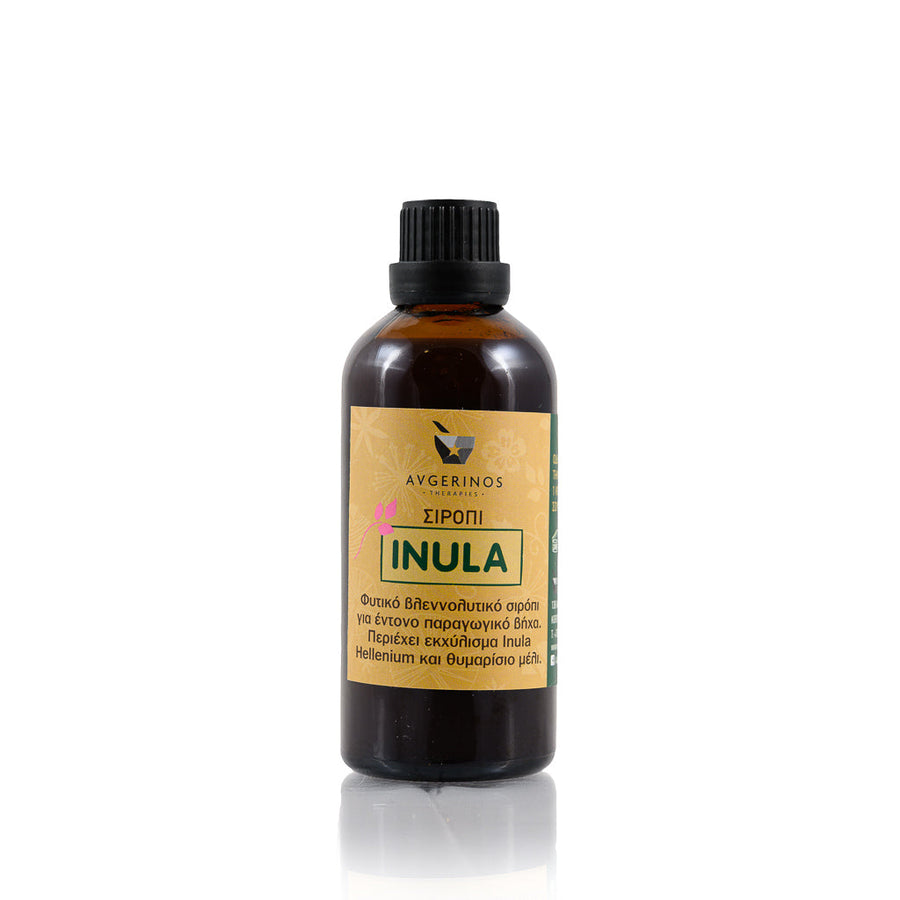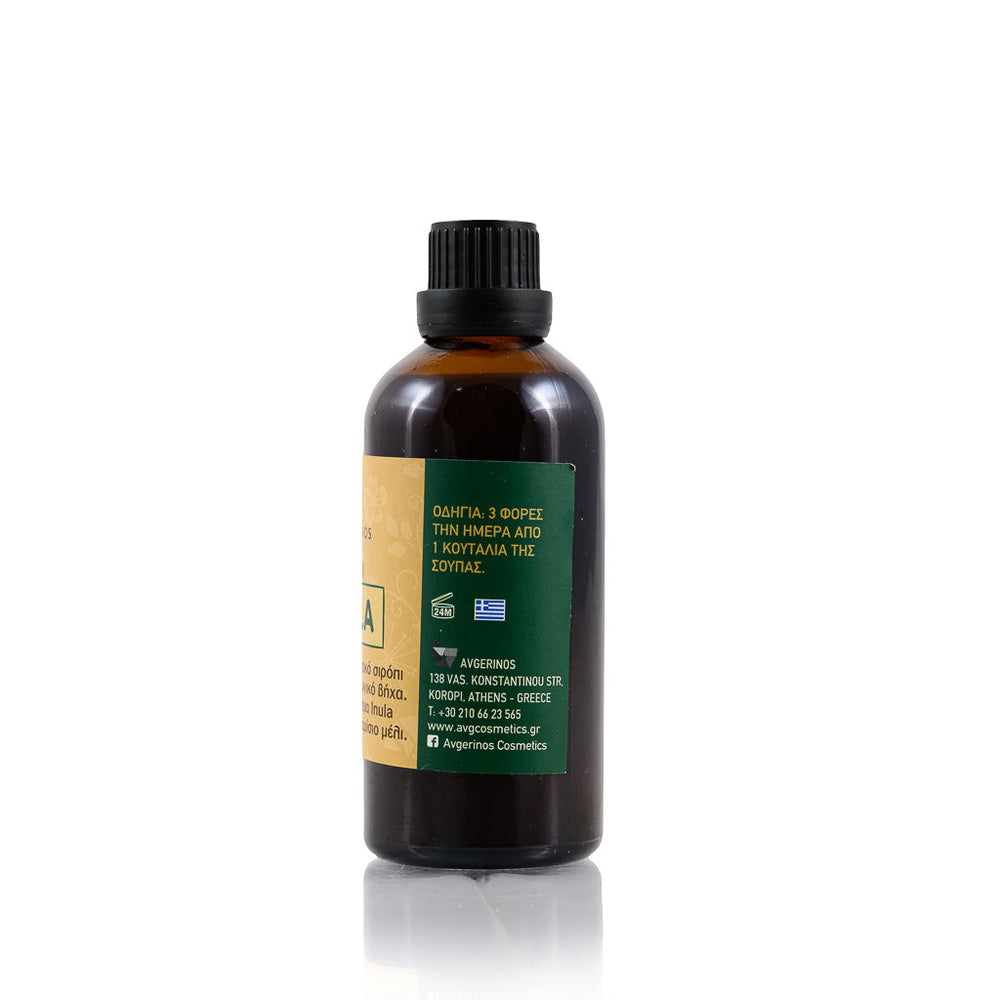The History of Soap
People since ancient times sought to settle in areas where there was drinking water, i.e. near rivers, lakes, natural springs in forests or mountains. Since their life was simple and close to nature, this allowed them to practice observing situations and invent various means to improve their daily lives.
Historical records state that one of the first natural cleaning agents used by man were various fatty substances that formed a kind of soap when in contact with water. These substances could be of animal or plant origin and the resulting foaming effect was used to clean clothes
and the body. So to speak, under simple conditions the idea of soap was created, which was also the first step towards improving cleanliness, since until then water was the only cleaning agent used by man.
The first record of soap making dates back to around 2800 BC. by the Babylonians and the ancient Greeks who used mixtures of animal and vegetable fats, combined with salts and ashes. Galen then created therapeutic soap recipes with soothing herbs rich in regenerative properties to treat skin conditions that needed anti-inflammatory, moisturizing and
healing action. So we could say that since the beginning of its appearance, soap has been not only a means of cleaning, but also a means of treatment.
The Soap Today
Today soap making is very common and the range of beneficial ingredients from which they are made is constantly increasing. The global trend for a green planet directs producers to use plant-based raw materials with organic and cruelty-free ingredients, with recyclable and easily biodegradable packaging.
Below you will find a list for the appropriate choice of soap according to your needs.
Soap with Aloe Vera
Aloe, like all cactus plants, has the ability to retain water even in periods of severe drought. Aloe gel consists of 96% water and contains an abundance of vitamins, trace elements, minerals and enzymes. Provides amino acids that help regeneration
of tissues and compounds with analgesic effect. So imagine this ingredient in your soap!!! The skin instantly replenishes lipids, is deeply hydrated, resulting in its elasticity and youthfulness. Aloe soap is suitable for treating dry skin, allergies and effective in skin diseases due to its healing effect.
Soap with Propolis
Propolis is a sticky substance produced by bees in order to secure the hive and results from the consumption of resinous substances from plants they feed on daily. Propolis consists of resin, wax, essential oils and pollen.
It is known for its strong protective action against viruses, bacteria and fungi. It contains a large number of flavonoids, which gives it its antibacterial properties. The presence of propolis in a daily hygiene product such as soap increases the skin's defense against fungi and parasites, ensures skin gloss and effective cleaning.
Tea Tree Soap
Another strong ally against fungi and acne could not be other than Melaleuca or as it is popularly known as tea tree. Tea tree oil is used as an essential cleansing ingredient for oily and acne-prone skin, as its antiseptic properties effectively treat the appearance of acne. By washing our bodies daily with tea tree soap, we protect the wounds from infection and from any kind of fungus that grows on the nails or between the fingers. Washing with tea tree soap effectively cleans oily hair and
removes dandruff.
Donkey Milk Soap
 One of nature's greatest gifts is donkey milk. The scientific interest and research around donkey milk is increasing, since its special characteristics make it suitable for infants and newborns. Its participation in the treatment of the skin has been mentioned since ancient times thanks to its rich composition. In particular, it contains protein, vital fats Ω3,6,9, natural ceramides and phospholipids that deeply hydrate the skin. Donkey milk soap is excellent for cleaning baby skin, it is recommended by experts in cases of sensitive skin prone to allergies, psoriasis and eczema.
One of nature's greatest gifts is donkey milk. The scientific interest and research around donkey milk is increasing, since its special characteristics make it suitable for infants and newborns. Its participation in the treatment of the skin has been mentioned since ancient times thanks to its rich composition. In particular, it contains protein, vital fats Ω3,6,9, natural ceramides and phospholipids that deeply hydrate the skin. Donkey milk soap is excellent for cleaning baby skin, it is recommended by experts in cases of sensitive skin prone to allergies, psoriasis and eczema. If we want to understand what relaxation means, it is enough to be next to a chamomile plant! Its characteristic aroma exerts an anxiolytic effect, not only on the nervous system, but also helps our mind to empty itself of thoughts. An evening bath with soap
Chamomile promises deep and restful sleep!
Chamomile contains essential oil, tannins, silicon, magnesium salts and flavonoids. The preparation of soap with chamomile has been widespread since ancient times in many parts of the world and this is because people had found its soothing property in dealing with burns, healing wounds and inflammation.













Leave a comment